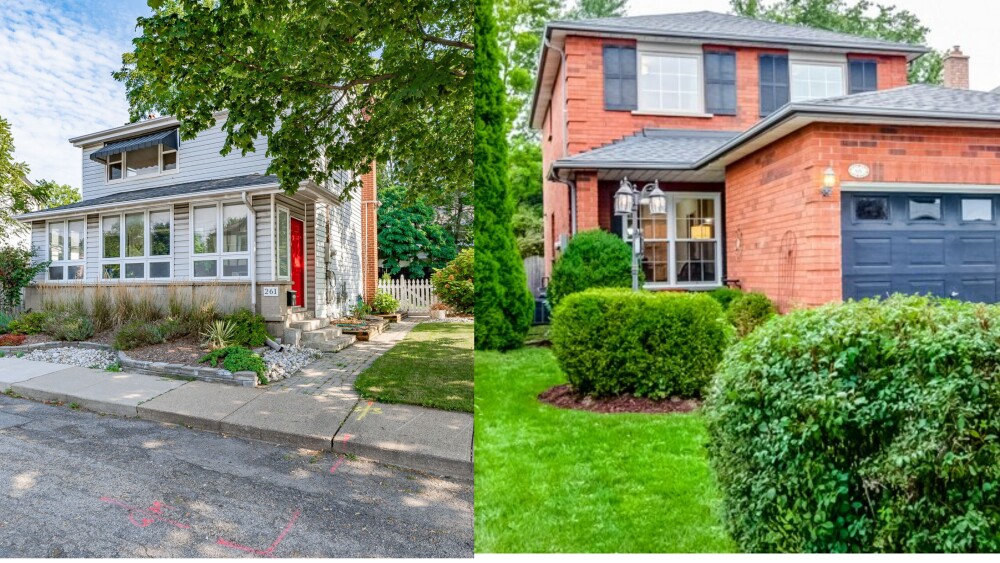People often tell me they are only interested in a new home. When I ask why, 90% answer “I don’t want to do any maintenance”. This always surprises me because I honestly don’t think it is possible to own your home without having maintenance to deal with unless it’s a condominium. I think what everyone means is less maintenance. And less mysteries or unknowns. Any home, be it 2 years old or 200 years, reflects the care in the construction and maintenance throughout its lifespan.
My first home was a new build (when we moved in). My second home is more than 170 years old. For the first 2 years, I didn’t worry much about my new home. But it wasn’t long until we were checking eavestroughs, monitoring for water running against and into the house, running a dehumidifier to eliminate the moisture in basement and seeing some wear and tear around the windows. My old home, I had a home inspection and knew that it was pretty well maintained but there were a few areas that could use attention. Nothing hard, expensive nor urgent to do.
Rather than deciding what age of home you want, consider the basic principles of home buying:
1. Location (it’s not just a saying – no use living somewhere you hate).
a. New homes are often built in new subdivisions.
b. Older homes can have larger lots or be in more established neighbourhoods.
2. Functionality (does it serve our needs in terms of bedrooms, bathrooms and living space, yard size? If it doesn’t now, could it easily?)
3. Condition: Is this a well cared for home? Does it show evidence of significant neglect? If it does – has it permanently damaged the structure? Or could it be brought back. Ask yourself (sincerely) what am I willing to do to bring it back?
4. The very last item should be the finishes. They are important but truly they are the easiest element to have updated or update yourself.
Living in your home:
Get a home inspection - even if you didn’t before you purchased (although that is always the best idea) invest the $500 - $1000 in one with a reputable home inspector after you are the owner. There is no one tool that will give you better overall insights into your property than the home inspection. This “book” will guide your plan for maintenance.
Does it tell you the furnace is 5 years old. Start budgeting today to replace the furnace in about 10 years. It may last longer but its best to be prepared. I recommend having an annual or bi-annual inspection of your HVAC system (furnace and air conditioner) both to monitor the condition and also to ensure your furnace is leaking carbon monoxide.
Does the home inspection note that the roof is showing signs of wear? Depending on how old it is and what material it is, the report will give you an idea of when you can expect to have to have it done.
Does the home inspection question any of the electrical – no problem. Hire a licenced electrician to evaluate the status of your wiring and budget for any work that they recommend.
The inspector should also check out your downspouts and eavestroughs. Make sure they are keeping the water away from your foundation (see the House Mysteries page on this site).
And the attic will be reviewed to ensure there is adequate insulation, that the insulation is not blocking the soffit vents and that there are attic vents to ensure air flow (contrary to popular thought you do not want your attic to be air tight).
These are just a few of the areas that will, one day, need to be addressed. Whether your house is new, old or anywhere in between. It’s fabulous to be a home owner and can be the best investment of your life. It just takes a little thought and planning.



